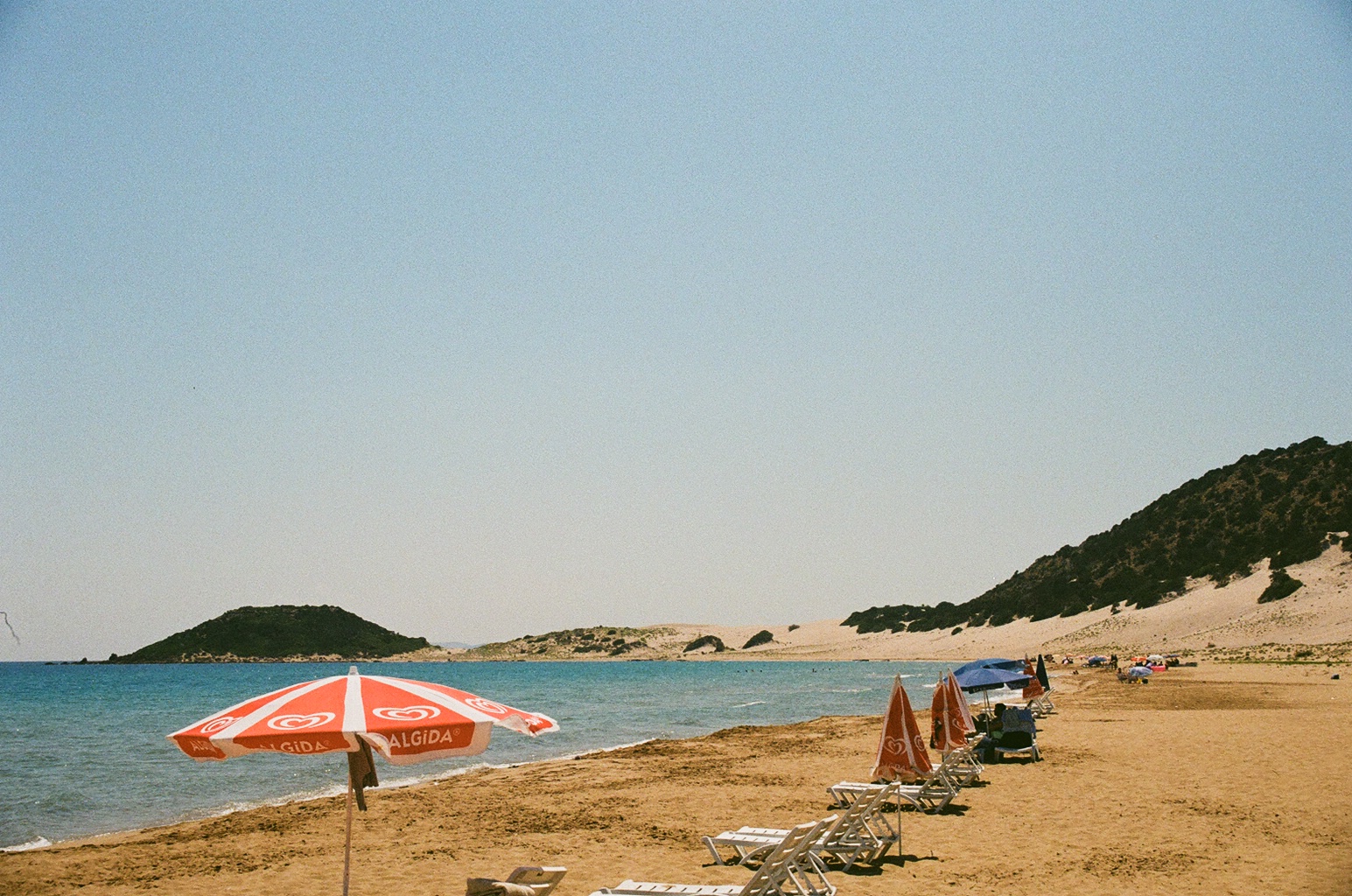By Esther Weisselberg (she/her)
CW: Mentions of drugs, mental illness and terrorism
*spoilers ahead*
‘I had started “hibernating” as best I could in mid-June of 2000’
So begins Ottessa Moshfegh’s novel My Year of Rest and Relaxation; depicting a beautiful twenty-something graduate living off of? her deceased parents’ savings in an East Side New York apartment during 2000 and 2001. The unnamed narrator decides to drug herself and sleep for a year in order to escape her dissatisfying life, uponafter completing her art history degree at Columbia University. Her only contacts in the outside world are her enabling psychiatrist, wannabe-socialite “best friend” Reva, and abusive on again off again boyfriend Trevor. The latter two characters work in the World Trade Centre, and the novel culminates in the vicious wake up call of 9/11 just as the protagonist herself is waking up to normal life. The novel was well received in its publication year in 2018, however, during our own year(s) of “rest and relaxation” the novel developed much more of a cult following.
Reading Moshfegh’s novel mid-pandemic felt eerie for many, including myself. Many people compared the protagonist’s experience to their own. The stepping out of reality to hide in our homes for safety felt like a massive detachment from the complexities of modern life that Moshfegh’s protagonist seeks to escape. However, while some of us were able to relax, make banana bread and learn how to crochet whilst safely working from home, others lost their jobs and were forced into picking up shifts in Amazon warehouses or hospitals with no PPE protection against the virus. Moshfegh’s novel, which centres around a woman so depressed and fed up with her mundane life she (rather unconventionally) decides to sleep for a year, is an example of overt strident privilege. Her ability to completely escape her life without really thinking of economic consequences has been repulsive to many.
But Moshfegh’s novel also presents an alternative view of the bored, despondent and privileged people we have been so interested in in the last 20 years. Looking at the majority of 2000s and 2010s reality TV and dramas, it is clear to see that we are obsessed with people living in the lap of luxury and yet lacking any kind of real responsibility. We love to see them crying over planning the perfect parties for their 5 year old children in Beverly Hills, feeling inadequate at their private schools in NYC, and despairing at the loss of their earrings on holiday when ‘people are dying’ across the world. We are obsessed with studying the lives of people who appear to be detached from reality. Their trials and tribulations which have no meaning outside their tiny privileged bubbles gives us a sense of escapism. While most of this media glamorises the laziness of the wealthy as something to aspire to be or do, Moshfegh takes a different approach. Her protagonist who, unlike us, has access to every material want we could ever wish for, still yearns for an escape through pills and sleep instead of therapy (and trying to lead a normal life). Moshfegh portrays her protagonist as a self-repulsed, selfish character, stripping away any jealousy we the readers may have for those privileged enough to do nothing. However, at the end of the novel, the narrator wakes up and tries to live a normal life again. Her year of rest and relaxation completed, the narrator has accomplished what she needed to in an unconventional way. Through this narrative, Moshfegh dissects the conventional way to escape one’s normal life.
The emptiness and postmodernity of the protagonist’s existence during her year of sleep encompasses themes associated with post-9/11. Other themes associated with this genre of literature are temporality and trauma which can be seen reflected in the deaths of the protagonist’s parents, as well as her miserable upbringing. Perhaps our own collective trauma of the pandemic will ensure a change in literature again. In the past two years, literature (and other media) has been used as a form of escapism. Escaping trauma as a concept is used heavily by Moshfegh throughout the novel, perhaps never as poignantly as Reva’s (or the woman the protagonist decides is Reva) escape in which she hurls herself off the falling tower; liberating herself by any means, at any cost.
References

